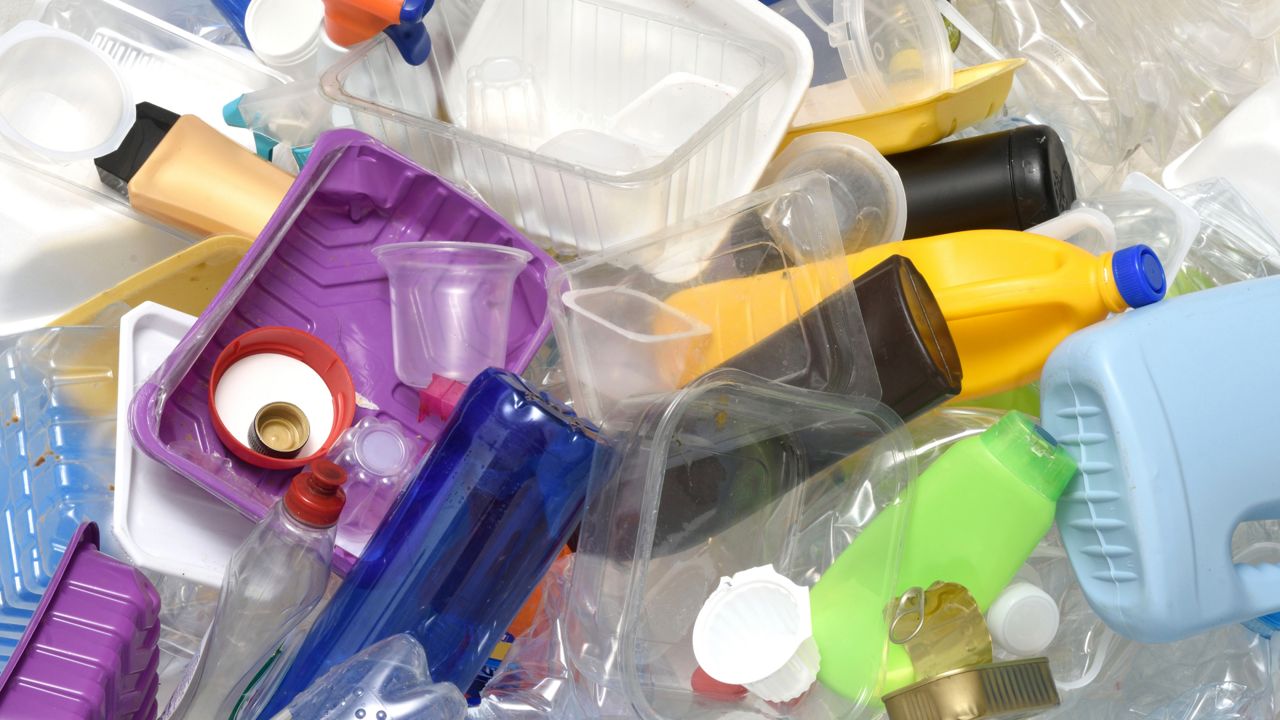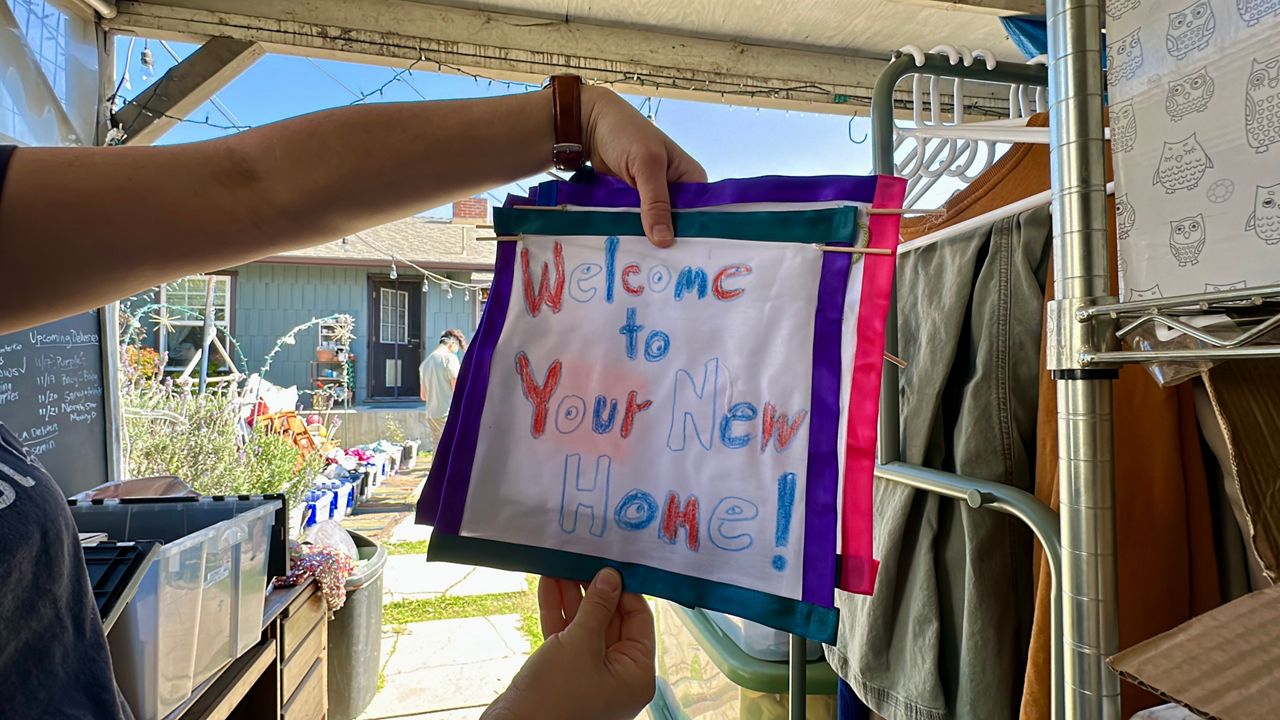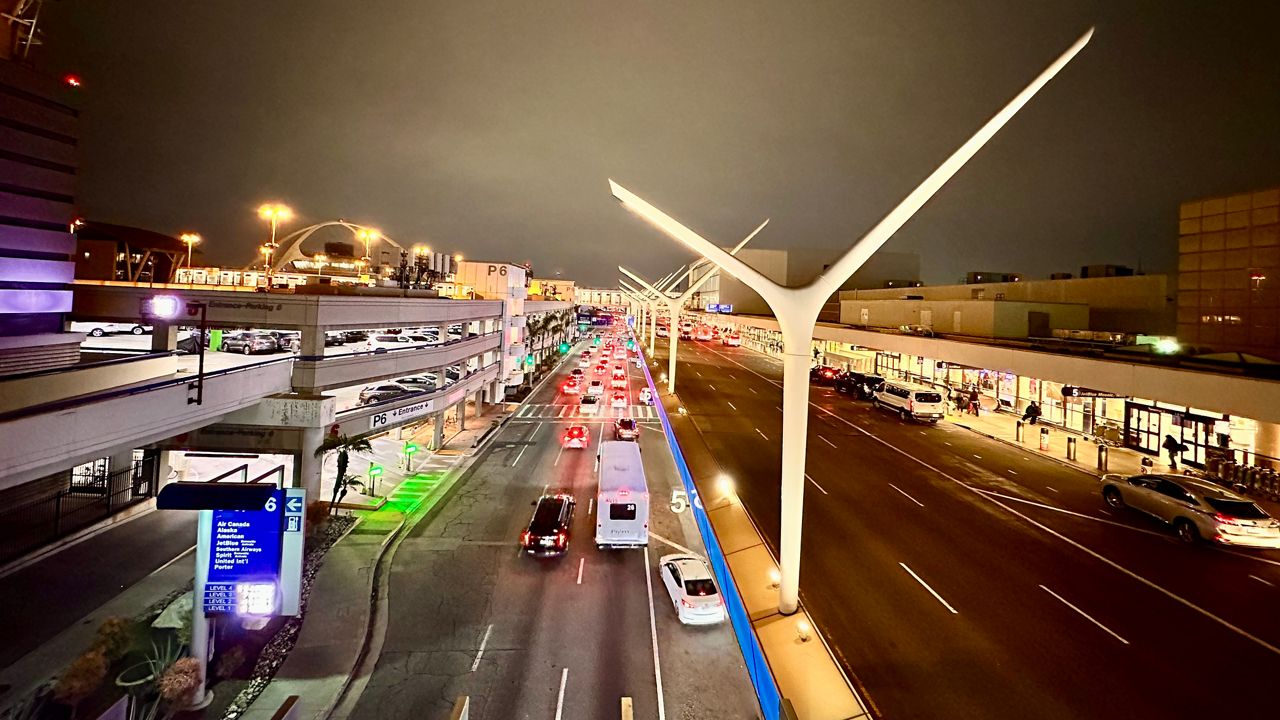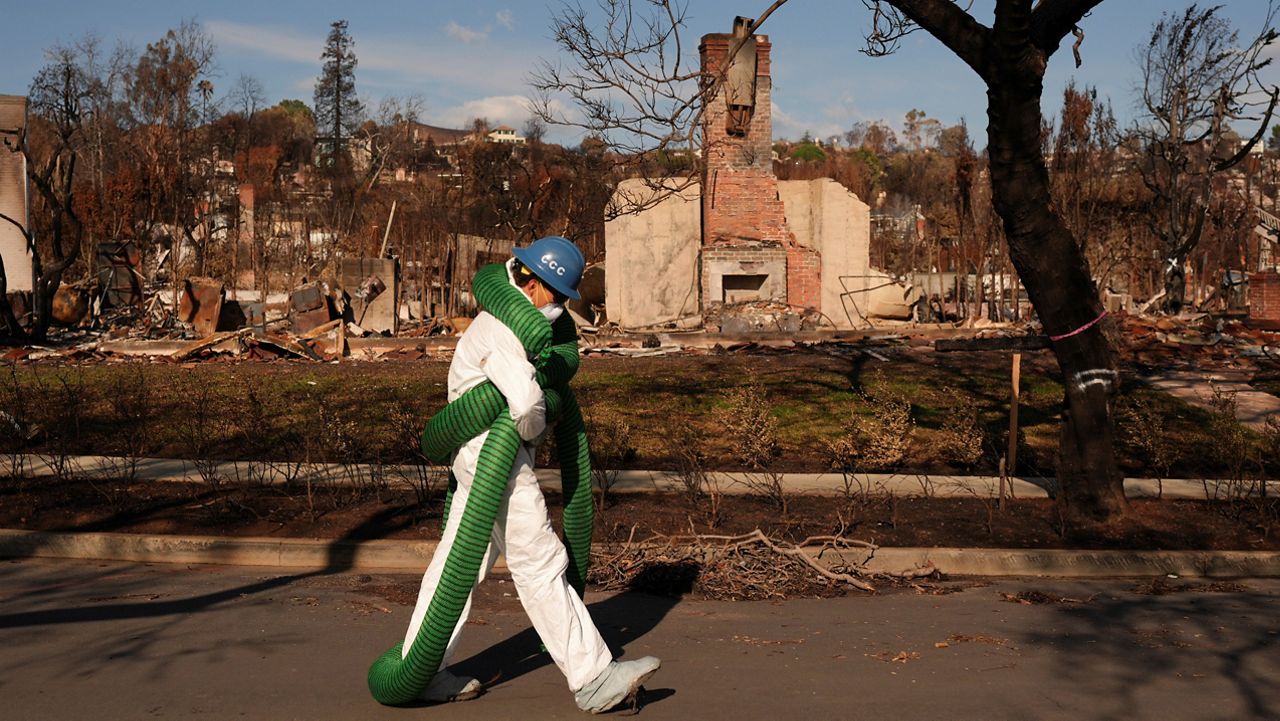LOS ANGELES (CNS) — The Los Angeles City Council unanimously voted Wednesday to begin the process to phase out single-use plastics at city facilities and city-sponsored events, as well as to take steps toward a potential citywide ban on polystyrene products such as Styrofoam.
“Our future in Los Angeles is plastics-free,” said Councilman Mitch O’Farrell, one of the leaders of the motion. “Our phase-out of single-use plastics has been underway for years now through the plastic bag ban of about nine years ago to straws-upon-request about four years ago and plastic-utensils- upon-request just last year.”
Wednesday’s motion instructed the city attorney to draft an ordinance banning single-use plastic at city facilities and at events on city property. The Bureau of Sanitation will also develop an online zero waste training course that would be implemented for all city employees annually starting January 2023, and each city department would be instructed to develop zero waste plans by Sept. 30.
“The instructions before us today are another step in the long-term effort to reverse the profound damage and degradation to our environment that I’ve witnessed in my own lifetime with the profound, widespread use of plastics everywhere, which did not exist before the 1970s,” O’Farrell said.
Los Angeles Sanitation and Environment General Manager Barbara Romero said 85% of single-use plastic is not recycled, and single-use plastics make up half of all plastic waste.
“Given those statistics, we should all feel a great sense of urgency that we need to do our part and make Los Angeles a cleaner and a healthier city,” Romero said.
The motion also requested the city attorney to prepare two draft ordinances, which would require further analysis under the California Environmental Quality Act, to:
- create a citywide ban on products made from expanded polystyrene, such as Styrofoam
- expand the Single-Use Carryout Bag Ordinance to stores that give out such bags at the point of sale
“My largest concern continues to be about extended polystyrene. According to the Californians Against Waste website, there are now 128 other California cities who have in place ordinances restricting polystyrene. Also, the entire state of New York has banned polystyrene containers and loose packaging materials,” Councilman Paul Koretz said after the vote Wednesday.
“Because of other available cost-neutral containers, the banning of polystyrene has not caused restaurants or street vendors to go out of business in those other 128 cities in California. Anyone who continues to raise that as an issue is wasting our time with ridiculous industry talking points that have no basis in reality,” he added.
Councilman Paul Krekorian spoke about how the proliferation of plastic impacts Angelenos, saying, “look around your neighborhoods.”
“In every neighborhood, in every district in this city ... you see the problem of litter. You see the piles of waste, single-use waste, building up in our gutters, in our parkways, in our parks, in our stormwater system, even to the point that it’s causing the (Hyperion Water Reclamation Plant) to have catastrophic problems in disposing of our stormwater and our wastewater,” Krekorian said.
Koretz noted that microplastics are even found in rainwater.
Environmental organizations joined O’Farrell, Krekorian and Koretz outside City Hall on Wednesday to celebrate the vote.
“Eliminating plastic waste is a key part of ensuring we stop creating sacrifice zones and enabling polluters while also disrupting environmental racism. By banning polystyrene — a transparent synthetic resin used for plastics — and enforcing the plastic bag ban, the city is working to cut back on the extraction of fossil fuels and helping stop the cycle of plastics that profoundly affect the health of low-income and communities of color,” said Andrea León-Grossmann, climate action director for Azul, a grass-roots organization that works in the Latino community to conserve marine resources.
The vote comes days after the city’s ordinance aimed at reducing plastic waste expanded — coinciding with Earth Day last Friday — to all restaurants, making disposable food ware, including utensils and napkins, available at all city restaurants and beverage facilities only when requested by customers.
The City Council approved the ordinance in April 2021 and first went into effect last November, at first only applying to food and beverage facilities with more than 26 employees.
The ordinance prohibits facilities from having self-service disposable food ware dispensers and from providing or offering disposable food ware accessories to dine-in customers and take-out customers, unless requested.
Facilities that violate the ordinance are subject to a written notice for the first and second violations, followed by a $25 fine for each subsequent violation. A facility’s collective fines can not exceed $300 per calendar year.










